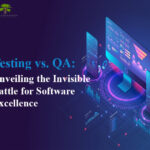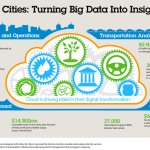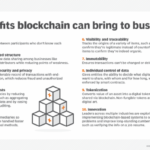Planning a new Integration platform (with Microsoft technologies)
Customers planning new integration initiatives around the Microsoft stack of technologies will find themselves faced by a range of product offerings that seem a little confusing (to say the least) and downright bonkers (to be honest). To be honest, I think its not entirely Microsoft’s fault. This area is developing fast, both in terms of product offering and customer expectations. Key themes Microsoft is tracking:
- Cloud options – both infrastructure and platform. Now even SaaS type options appear to be in the pipeline.
- IoT – While integration used to encompass Enterprise apps (and sometimes Integrating data), it now includes integrating devices.
- Big data – Value in software products appears to erode quickly and there is a school of thought that feels in the long run, injesting and making sense of data will be key.

One of the key challenges is that while BizTalk remains the key proven platform for integration within the MS realm, it does not look like its been invited to the cloud party. Customers can host it in a VM on the cloud as an iPaaS but thats about it. For EDI type scenarios, customers also have the option of the now Azure BizTalk services, which looked to me like an extension of the ESB 2.0 line of thinking. I have never been a fan of that so I pretty much write off this product line given a choice.
Logic apps appears to be the EAI tool with a built for cloud mentality. (Other than the things mentioned above) its built on JSON and HTML, has a much simpler integration model and its connector market places present interesting new possibilities to monitize integration investments clients make. Its still missing the IoT/Integration story and I am not sure if the two paths will ever merge into one product at some point.
On the IoT/Big Data side, I am clunking them together. Big Data advocates me find this a big offensive since theirs is definitely a world of their own but I speak from a pure Integration perspective here and Big Data (for me) is merely a way of making sense of a large volume of data (in real time). The core HD Insight offering is quite mature (basically a hadoop hortonworks build on windows) but the IoT service is fairly new and untested. The Event Hubs look very promising and can serve to be a very interesting platform in the future but its not there yet. I think the IoT space is evolving just too rapidly for any stability here in the next year or so.
For customers looking for a stable, time-tested integration environment, I’d still recommend sticking with BizTalk, especially if elastic scale is not a consideration. But I would recommend that you build as many artifacts in .NET as possible. E.g. if you are integrating a new system, dont write a BizTalk adapter for it. Write a web service plug for it in .NET and potentially reuse that in logic apps etc later. Don’t necessarily tie yourself to SOAP and/or the XML/SOA/Necessarily messaging paradigm. Limit your investments in terms licenses to bare minimum.
I’d love to hear about other experiences in the area with new platforms.


![How to Get Data For Big Data Solutions? [Infographic]](https://alliedc.com/wp-content/uploads/2015/03/BD-5-Sources-3-150x150.jpg)




